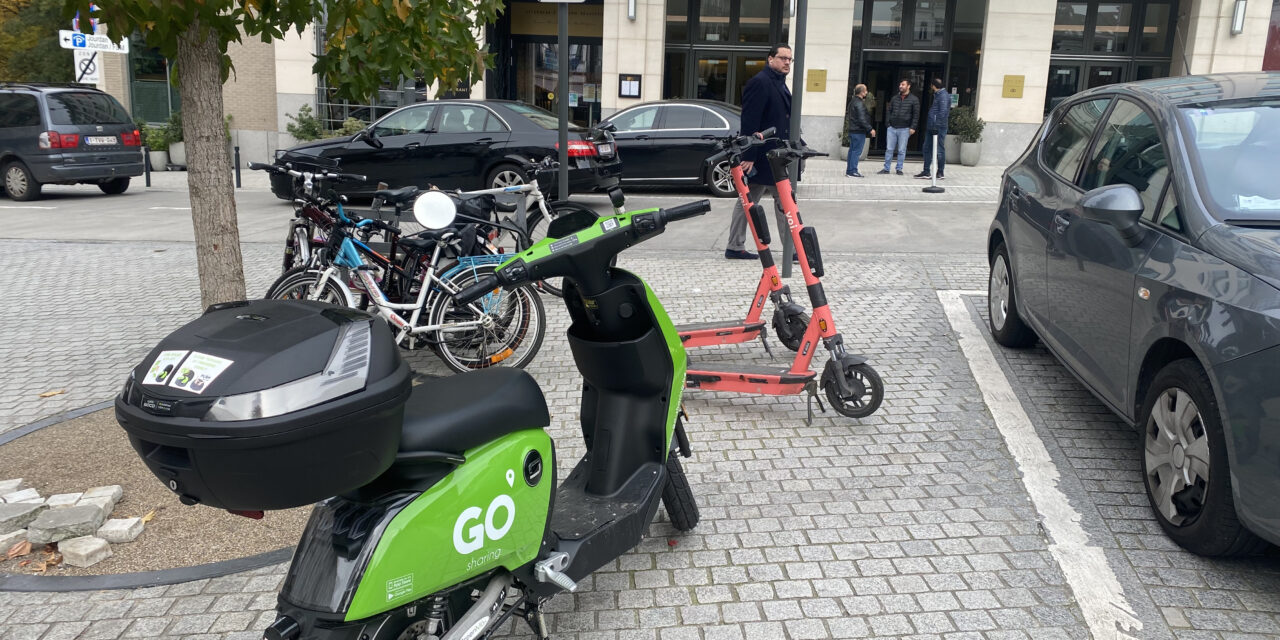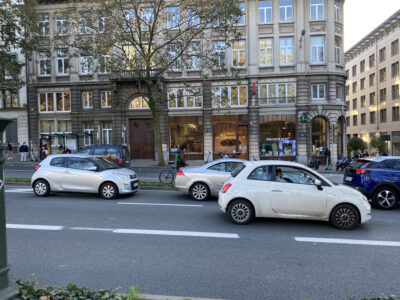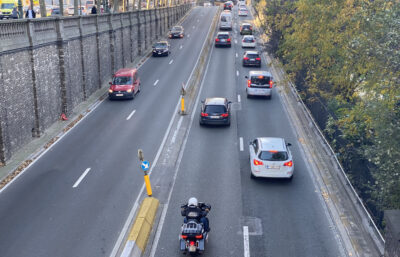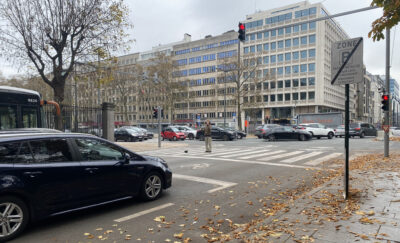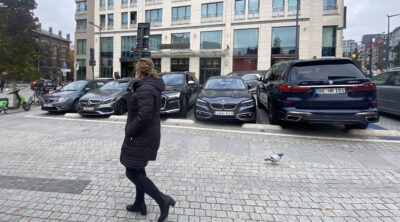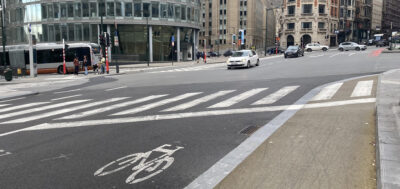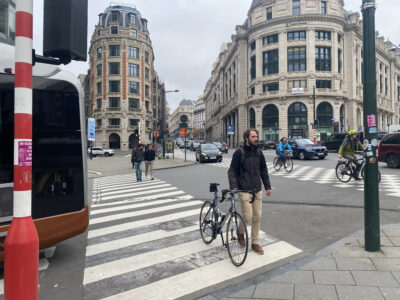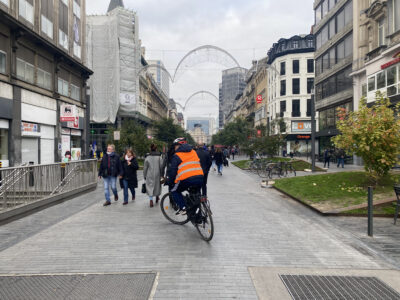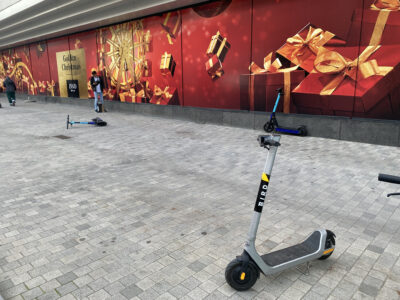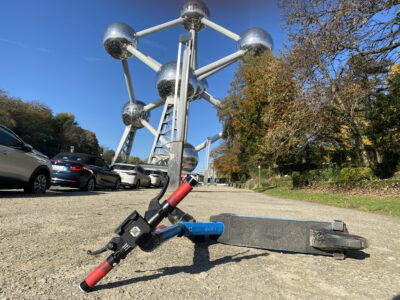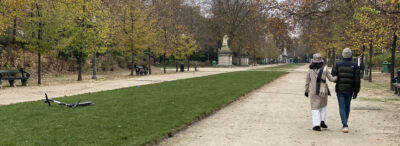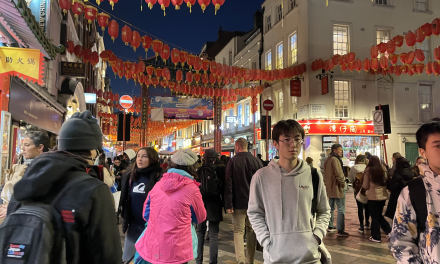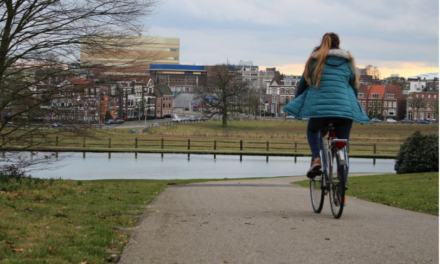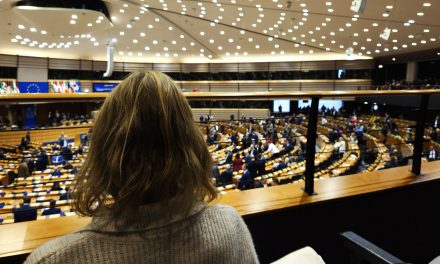Vehicles and sustainability, two interesting topics when looking at the last, of in total 26 climate conferences. Remember the Paris agreement in 2015, which led to the green deal and the fit for 55 in Europe. Most recently the worldwide negotiations of the COP26 in Glasgow. There have been conversations about the unstoppable climate changes on universal level, and how needly the goals are to create electrics vehicles for on the road.
To succeed in the common goal to secure global net zero by mid-century and keep 1.5 degrees global warming within reach, we need to find agreements on a global level. The G20 countries must be encouraged since these are the countries with the biggest export, economy, and population all together. For that the European Union needs to provide help and apply restrictions on multiple levels, since their transport is accountable for 25% of the total emission worldwide. And lastly, cities need to improve to a climate friendly environment since they will only grow bigger. And for that, what is more accurate than zooming in on the capital of Europe, Brussels.
Brussels is a city with lots of buildings and roads, not so many trees and overall, a city where polluting cars are prominent. This needs to change drastically, to accomplish the goals of the green deal and thereby become climate neutral in 2050. Brussels has many private owned vehicles and public transport, a lot of shared vehicles like kick scooters, bicycles, and motor scooters, all from different companies. Robin Fontaine, communication Volt Europe, specifies that most of the cars that are being seen in Brussels, are from people out of the city. This causes air pollution, traffic congestion and requires a lot of wide roads and parking space, where more sustainable functions such as greenery and recreation would otherwise be possible. Using green transport, like your bike, going by foot or even public transport is very important, but difficult for people that live outside of Brussels.
Brussels is a city where the cars are quite prominent.
Image: Kim van der Klift
One of many solutions is GO-sharing, they have chosen to deliver electric motor scooters instead of kick scooters to create a more climate friendly alternative to the polluting cars. They want to join sustainable types of transportation like public transport or going by foot. They also want to rent shared bicycles and cars, because as Philippe van Raalte, Marketing Manager GO-Sharing mentions; ‘’how often do you use your own bike? Probably less than twice a day, our vehicles are used way and way more which makes it more sustainable.’’
Moreover, if people still want to use vehicles individually, they should at least be electric. But unfortunately, the amount of energy needed cannot be generated by Brussels themselves. This is because they don’t have enough solar panels, or windmills, due to the fact that it is hardly possible to install because of Brussels airport, and many tall buildings in the city. So instead of generating their own green energy they receive it from other parts of Belgium or neighboring countries mentions Tobias Pans, Greenpeace Belgium. He also mentions ‘’It is true that we use more and more electricity, but the total demand for energy (gas, oil, coal, electricity) decreases because driving in an electric vehicle is way more efficient than using a combustion engine. So, the electricity demand rises, but the total energy demand decreases.’’ Van Raalte explains that Go sharing is generating their own electricity from solar panels, this way they can provide their own green electricity for their vehicles.
That Belgium urgently needs to improve their infrastructure is a fact, but there are problems considering the infrastructure in Brussels itself. When talking about safety and promoting to use the bike, local councils can contribute but the more difficult and thereby best solutions like a drastic infrastructure change, or banning cars need to be discussed on a national level. Changing the infrastructure is easier said than done, because of the different management departments per neighborhood. They decide if they want to be more sustainable and not all of them seem to see the need.
Since the city is made for cars, people on their bikes/ kick scooter or even electric scooter don’t really have safe lines.
Image: Kim van der Klift
In conclusion, to make public transport, going by foot or using the shared green (motor)scooters and bicycles more popular it is important to improve the infrastructure and safety of roads in Brussels. This will result in people that are less afraid to use the roads. To accomplish this, the city needs strong green administrators who, together with citizens and entrepreneurs, draw up a clear, supported and, above all, feasible plan, and implement it.
But, that it is not yours does not mean that you don’t need to take good care of it.
Steps being left alone at not the right places.
Image: Kim van der Klift
